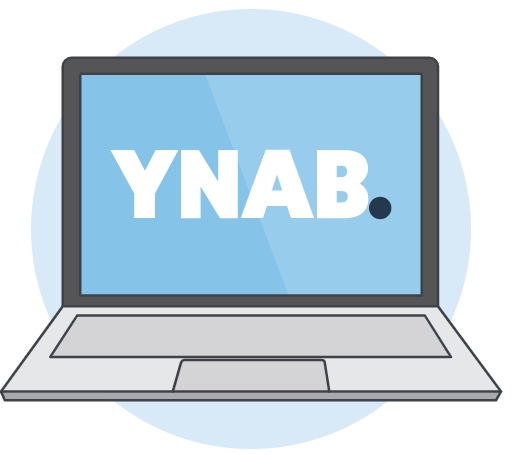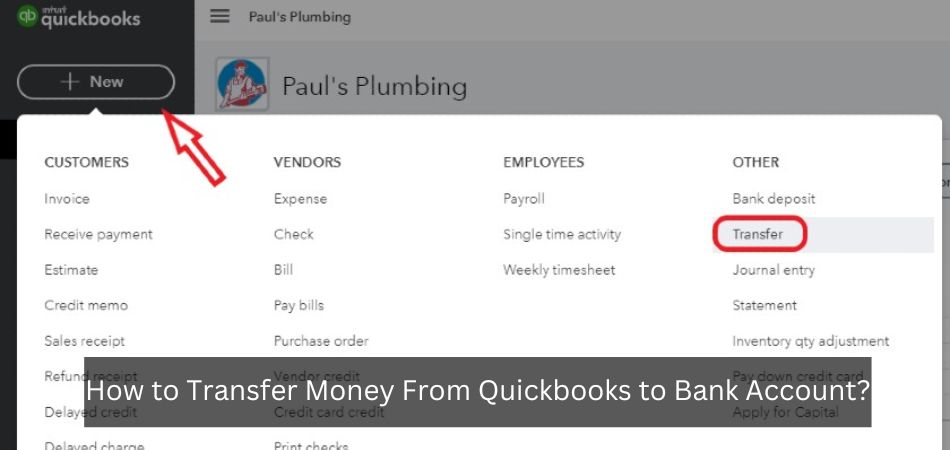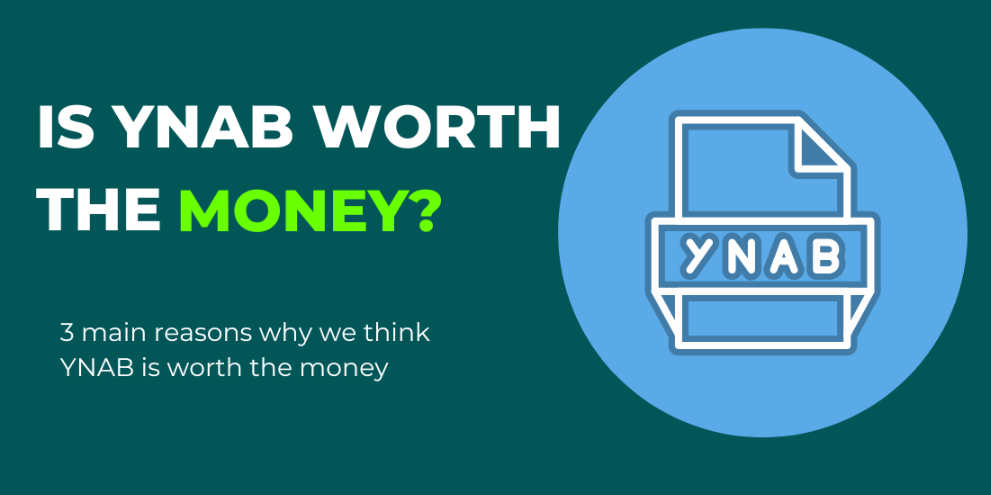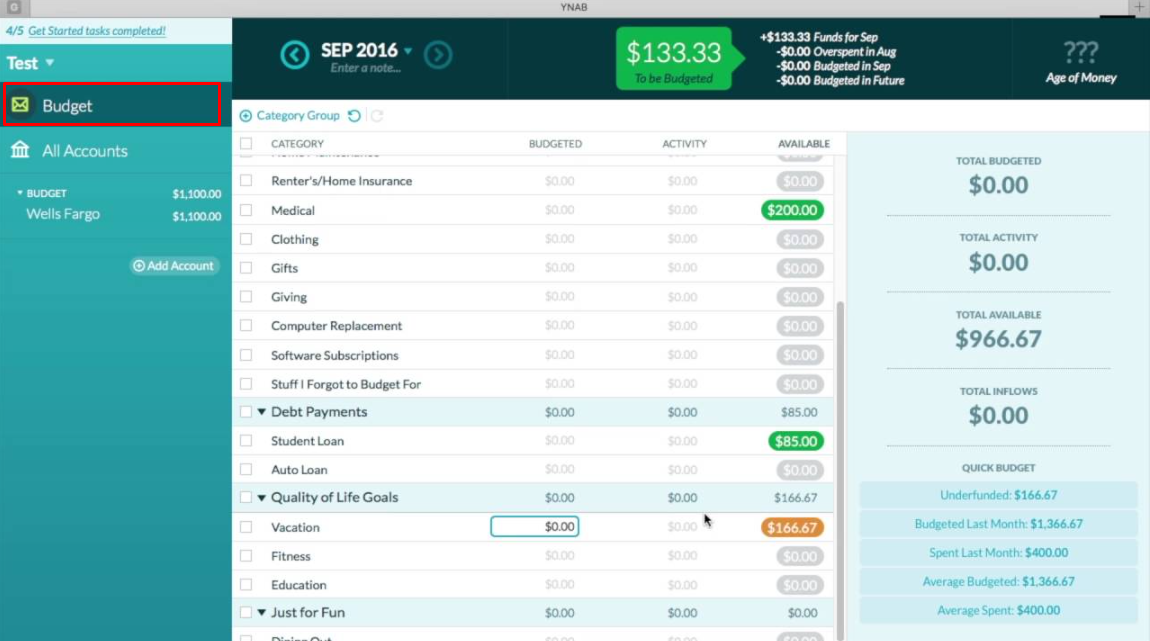Savings Account: Know When to Use and the Characteristics of This Type of Account

Anúncios
If you use banking services, you have probably heard of a savings account. But do you really know how this type of account works and what it is for?
Know that, depending on the moment you are living, a savings account can be a great help in maintaining your financial security. Therefore, it is worth checking out the main characteristics and understanding if it is useful for your situation.
Anúncios
Want to know more about the subject? Continue reading with us and clear your doubts.
What is a Savings Account?
A savings account is a type of bank account offered by financial institutions that allows customers to deposit, hold, and withdraw money while earning interest on the balance.
Anúncios
Thus, they are designed to help people save money safely, offering a yield rate. Although usually lower than other forms of investment, it is quite safe.
Understand Better How It Works
Savings accounts work very simply: you deposit money into the financial institution’s account and earn interest on that balance.
The interest rate varies according to the institution and the type of savings account chosen. Here are some details of how it works, check it out:
- Deposits and Withdrawals: You can add money to your savings account at any time, and some accounts allow a limited number of withdrawals per month without penalties.
Thus, most banks allow up to six withdrawals or transfers per month without charging fees, according to Federal Reserve regulations.
Exceeding this limit results in additional fees or the conversion of the savings account to a checking account.
- Interest: Interest is calculated daily and paid monthly. Interest rates are generally lower than other types of investments but vary significantly between financial institutions.
Additionally, online banks tend to offer more competitive interest rates compared to traditional banks.
- Security: Most savings accounts in the United States are insured by the FDIC (Federal Deposit Insurance Corporation) up to a limit of $250,000 per depositor.
Even if the bank faces financial difficulties, your money is protected up to this limit.
Indicated Value to Always Try to Maintain in the Savings Account
Financial experts recommend keeping at least three to six months of basic expenses in a savings account as a safety net.
This is because this amount can cover emergencies such as job loss, home repairs, or unexpected medical expenses.
To calculate the ideal amount for you to keep in savings, evaluate your indispensable monthly expenses, including rent, food, utilities, transportation, and insurance.
Then, multiply this total by about three to six times your income to get an initial savings goal.
Maintaining a substantial amount in a savings account helps ensure you have enough liquidity for emergencies without resorting to loans and incurring more debt. Additionally, having an economic reserve provides a sense of security and financial stability.
Difference Between Savings Account and Emergency Fund
Many people confuse a savings account with an emergency fund, but there are important differences. We have gathered the main characteristics so you can differentiate them. Check it out:
Savings Account
A savings account is a long-term savings tool, ideal for storing money that will not be needed in the short term. It offers interest on the balance and is insured by the FDIC.
Very useful for accumulating money for specific goals, such as a trip, buying a car, or making a down payment on a house, for example. Thus, your investments grow while you save.
Emergency Fund
An emergency fund is a sum of money reserved specifically for unexpected expenses and needs to be easily accessible.
Although a savings account can also be used as an emergency fund, it is not the only type of account suitable for this purpose.
The key is the accessibility and liquidity of the fund. An emergency fund should be readily available, prioritizing safety and ease of access, not necessarily profitability.
When is it Indicated to Open a Savings Account?
Opening a savings account is recommended in various situations, including:
Beginning of Financial Life
For young people who are starting to save money, a savings account is an excellent way to learn about the importance of saving and managing personal finances.
Financial Goal Planning
If you are saving for a specific goal, such as a trip, a car, or a down payment on a house, a savings account can help separate this money from your daily funds and earn interest while you save.
Emergency Reserve
Having an emergency fund is crucial to face unexpected expenses without needing to create or get involved in new debts.
Keeping this fund in a savings account ensures it is available when needed.
Interest Accumulation
For those who wish to earn interest on saved money, a savings account offers a safe return.
Even if, at times, the interest may not be high, it yields more than simply leaving the money in a checking account. Evaluate carefully!
Know the Types of Savings Accounts
There are several types of savings accounts available, each with its own characteristics to suit the customer’s needs. When opening a savings account, research the ideal one for you.
- High-Yield Savings Account: Offers higher interest rates than standard accounts, usually available at online banks. These accounts are ideal for maximizing interest earnings on your balance.
- Savings Account for Children and Teenagers: Designed to help young people learn about personal finance early on, these accounts often come with educational resources and incentives to save.
- Money Market Accounts: Combine features of savings accounts and checking accounts, usually offering better interest rates and allowing check writing. They may require higher minimum balances but have greater flexibility.
- Standard or Traditional Accounts: Offer basic interest rates and are easy to open and maintain. These accounts are ideal for those who want a simple and safe option to store money.
Is it Worth Using the Savings Account?
Now you already know the account and understand how it works. But is it worth using it?
Know that at times like this, it is essential to evaluate your financial situation and understand your main demands.
Pros
Savings accounts are insured by the FDIC, providing extra security for your money.
This ensures that your funds are protected up to a certain limit, regardless of the bank’s financial health at the moment.
The money is accessible and continues to earn, which is ideal for needs and emergencies. Unlike inaccessible long-term investments, you can withdraw your money when needed without significant penalties.
You also earn interest on the balance, helping your money grow over time. Although interest rates may be modest, they still offer an additional return on your balance.
Therefore, having a separate savings account helps maintain financial discipline, encouraging regular savings. By keeping your savings money separate from daily funds, you reduce spending on superfluous items and focus on fixed expenses.
Cons
Some savings accounts may charge maintenance fees, especially if the minimum balance is not maintained. Additionally, sometimes very high fees. These fees can diminish interest earnings on savings, so they should be considered when choosing an account.
Interest rates are generally lower compared to other types of investments, which may not be ideal for long-term goals.
Therefore, if you are looking for significant capital growth, you may need to consider other investment options.
Finally, we conclude that a savings account is a valuable tool for those who want to save money safely and accessibly.
Understanding its characteristics, the available types, and when is the best time for you to open one helps you maximize the best benefits of this financial option.
Using the right information, you can make more assertive decisions that will protect and increase your wealth over time. Remember that it is important to compare offers from traditional banks and online banks.
For residents in the United States, choosing the ideal account involves considering the interest rates offered, maintenance fees, and minimum balance requirements.
If you got this far, it is because you are interested in the content, right? So, keep browsing the site and discovering new information about personal finances!





